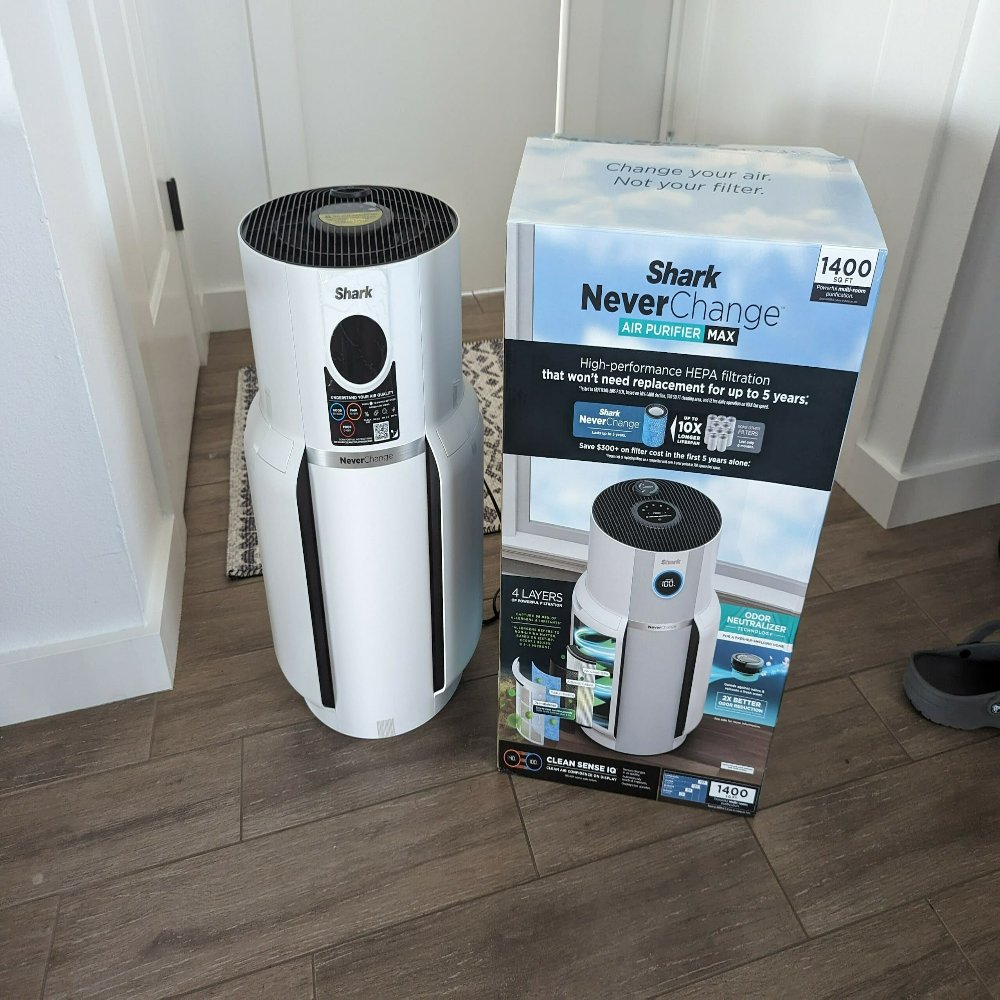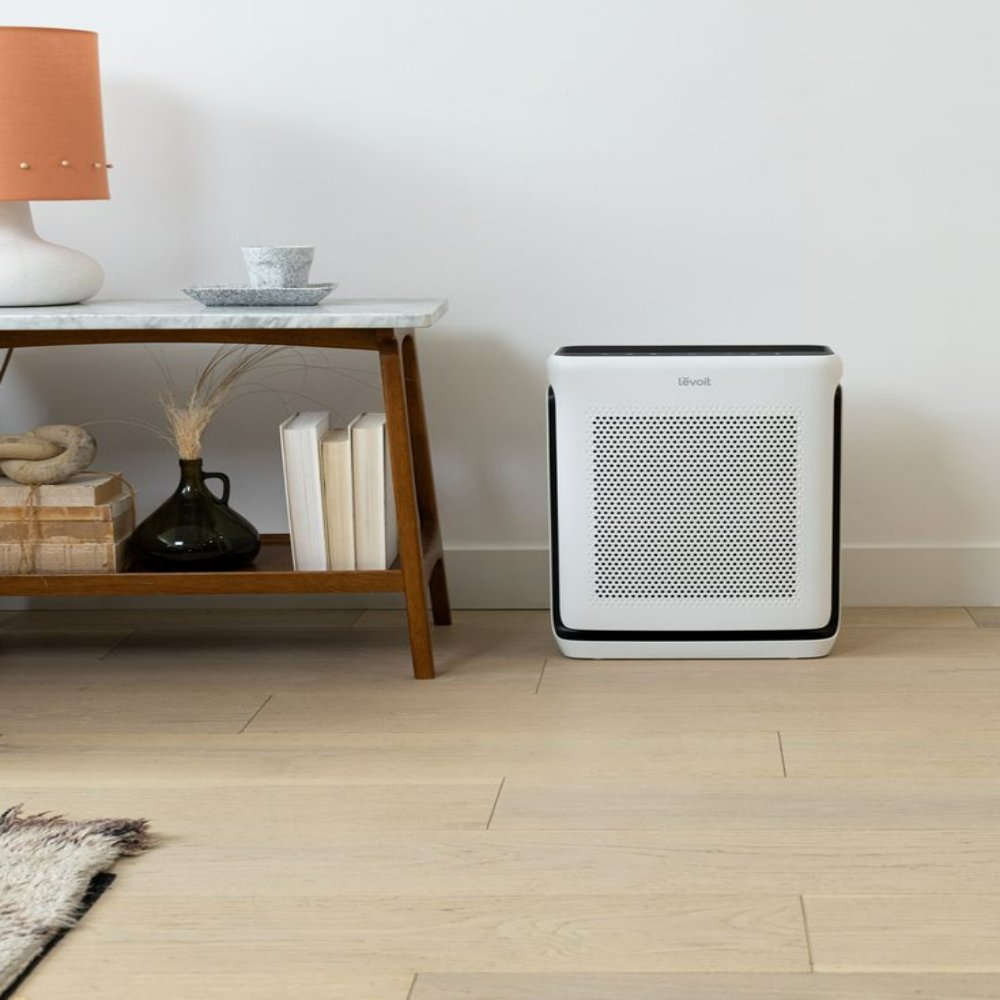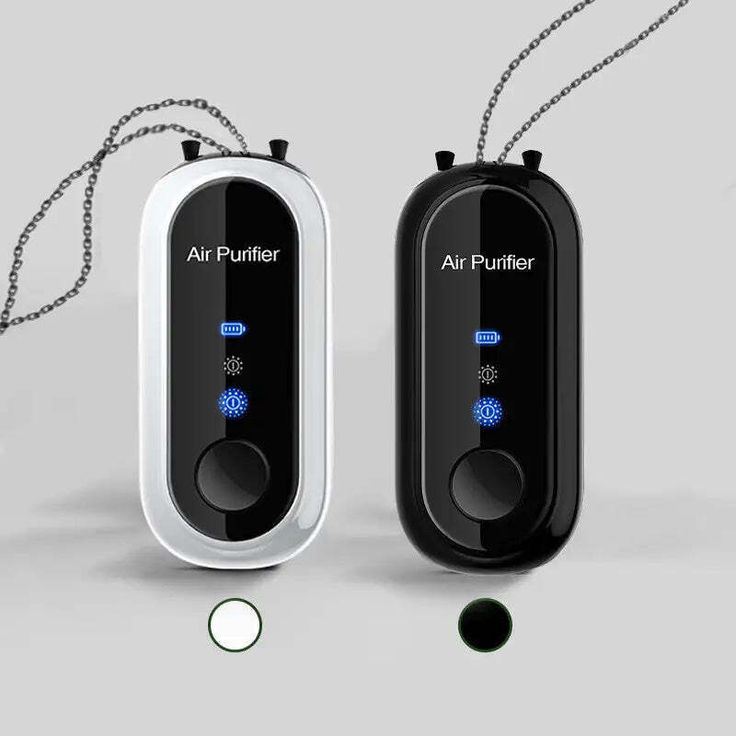In the quest for cleaner air, many households have opted for air purifiers equipped with various features, one of which is the ionizer. This feature often comes with a separate switch or setting, leading users to wonder: Should I turn on the ionizer on my air purifier? The answer isn’t straightforward, as it involves a detailed understanding of the ionization process, its benefits, potential risks, and personal health considerations. In this comprehensive guide, we will explore whether turning on the ionizer is beneficial and what you should consider before activating this feature.
What is an Ionizer?
An ionizer is a device within an air purifier that releases negative ions into the air. These ions are electrically charged molecules that attach themselves to airborne particles such as dust, pollen, pet dander, and smoke. By doing so, they cause these particles to clump together and fall to the ground or be more easily captured by the air purifier’s filters. While many modern air purifiers include ionizers as a feature, understanding the science behind them helps clarify their effectiveness and safety.
How Ionization Works
The process of ionization begins when air purifiers generate high-voltage electric charges. This electrical discharge creates negative ions, which then disperse throughout the room. Once released, these ions start bonding with positively charged particles, effectively neutralizing them. This interaction not only reduces the concentration of harmful particulates in the air but also may lead to a smaller amount of dust accumulating on surfaces in your home.

Understanding the Role of Ions in Air Quality
While the idea of generating ions sounds beneficial, it’s crucial to understand that ions themselves are part of a larger environmental system. In nature, negative ions are often found in abundance near waterfalls, oceans, and mountains, contributing to a fresher feeling many people associate with outdoor air. However, the artificial generation of these ions in a household setting raises questions about their overall impact on indoor air quality and health.
The Benefits of Turning on the Ionizer
Enhanced Air Purification
One of the primary arguments in favor of utilizing the ionizer feature is its potential to enhance air purification. The negative ions produced can significantly reduce the number of airborne pollutants, leading to purer indoor air. For individuals suffering from allergies or respiratory issues, activating the ionizer can result in immediate relief, as the clumping effect makes particles heavier and less likely to stay airborne. Cleansing the air in this manner could mean fewer allergens affecting your respiratory system and improved overall air quality.
Improvement in Odor Control
Another convincing benefit of turning on the ionizer is its ability to neutralize odors. Negative ions can attach themselves to odor-causing molecules, effectively neutralizing them and contributing to a fresher-smelling environment. This feature can be particularly beneficial in homes with pets, cooking smells, or other odor sources. If you find that your living space has lingering scents, activating your air purifier’s ionizer may provide a quick solution.
A Sense of Well-being
Many users report feeling a sense of well-being when negative ions are present in the air. This phenomenon is often linked to the natural occurrence of these ions in outdoor environments, where they are believed to elevate mood and energy levels. As such, some individuals may appreciate the psychological boost associated with the presence of negative ions produced from an air purifier’s ionizer.

The Risks of Using the Ionizer
Production of Ozone
Despite the benefits, many experts caution against the use of ionizers due to the potential production of ozone—a harmful pollutant that can irritate the lungs. Ozone is generated as a byproduct when negative ions interact with oxygen molecules in the air. While small amounts of ozone may not seem harmful, prolonged exposure, especially for sensitive individuals such as those with asthma or other respiratory conditions, can pose significant health risks. The EPA has noted that while ozone at ground level is considered a harmful pollutant, exposure to ozone from ionizers can lead to respiratory issues and negatively affect lung function.
Inefficiency in Capturing Particulates
While ionizers may help reduce airborne particles through agglomeration, they are often not as effective as high-quality HEPA filters in capturing particles. This limitation raises questions about the overall efficacy of relying solely on ionization for air purification. In fact, many air purifiers with ionizers are still recommended to be used alongside HEPA filters to achieve optimal results. Consequently, if you’ve invested in an air purifier, understanding that the ionizer should complement rather than replace standard filtration can lead to better outcomes.
Accumulation of Particles on Surfaces
Another risk tied to the use of ionizers is the tendency for particles to settle on surfaces rather than being effectively filtered out of the air. As negative ions interact with particulates, they can cause them to drop to the floor or settle on furniture. While this may seem beneficial, it can lead to increased cleaning requirements. Dust and other allergens can accumulate over time, requiring more frequent maintenance and potentially aggravating individuals with allergies when disturbed.

When to Consider Turning on the Ionizer
Assessing Your Air Quality Needs
Ultimately, whether you should turn on the ionizer often depends on individual circumstances. If you live in an urban area with high levels of air pollution, turning on the ionizer might provide some immediate relief for allergens and pollutants. Conversely, if allergies or sensitivities are a concern, it’s essential to weigh the benefits against the potential risks. Always conduct a full assessment of your air quality needs.
Health Considerations
For those with asthma or other lung issues, it’s advisable to proceed with caution when considering the ionizer feature. Consult with a healthcare professional before activating the ionizer, especially if respiratory health is a concern. Monitoring your symptoms and observing any changes in your condition after activating the ionizer can also provide insights into whether it contributes positively or negatively to your overall well-being.
Home Environment Factors
Additionally, consider your home environment. If you have a lot of pets or live in a particularly dusty area, the ionizer may provide some initial benefits. However, regular maintenance of your air purifier—including filter changes and cleaning—should take precedence to ensure optimal performance.
Alternatives to Ionizers for Air Purification
Enhanced Filtration Systems
For those wary of the risks associated with ionizers, several alternatives exist to improve air quality without the potential downsides. Enhanced filtration systems, particularly those utilizing HEPA filters, can effectively capture 99.97% of particles as small as 0.3 microns without introducing ozone into your home. Moreover, many newer models offer additional features such as activated carbon filters, which can absorb odors, smoke, and volatile organic compounds (VOCs), ensuring a comprehensive solution for cleaner air.
Combination Purifiers
Combination air purifiers that integrate multiple air cleaning technologies are also becoming increasingly popular. These devices utilize UV light, HEPA filtration, and activated carbon, providing a robust approach to air purification without relying solely on ionization. This multi-faceted method can deliver comprehensive cleaning benefits, making your indoor environment healthier while reducing concerns over possible ozone emissions.
Conclusion: To Turn On or Not to Turn On
Deciding whether to turn on the ionizer on your air purifier involves weighing the benefits against potential risks. While there are clear advantages, such as enhanced air purification and improved odor control, you may overlook the question of the possibility of ozone production and the inefficiency in capturing particulates. It ultimately depends on your specific needs, health conditions, and home environment. If you choose to activate the ionizer, do so with caution, monitoring any changes in air quality and health symptoms.
Incorporating strategies for maintaining consistent air quality will elevate your indoor living experience. Whether you decide to use the ionizer or explore alternative purification methods, understanding these factors will empower you to make informed decisions for a healthier home. Ultimately, striving for a balanced approach to indoor air quality will not only enhance your comfort but also contribute to long-term well-being.